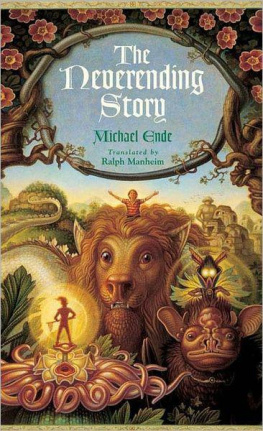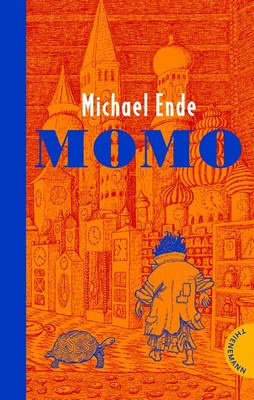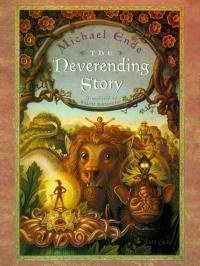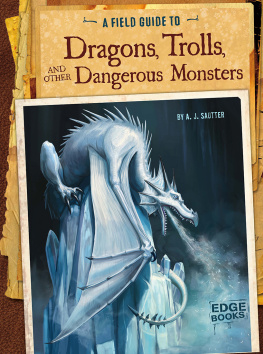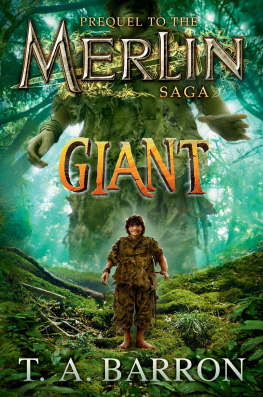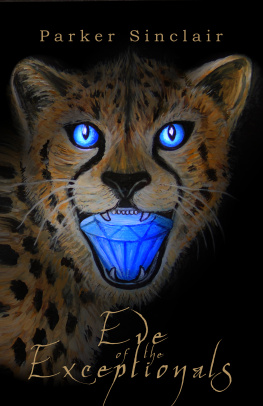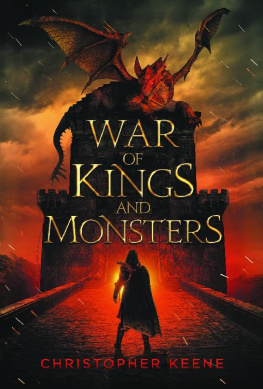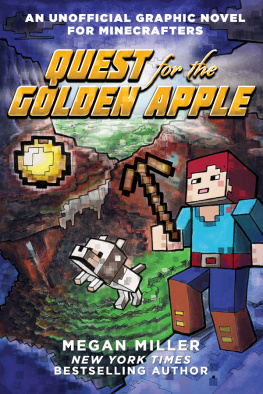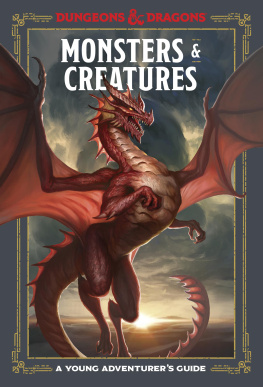T HIS EPIC WORK of the imagination has captured the hearts of millions of readers worldwide since it was first published more than a decade ago. Its special story within a story is an irresistible invitation for readers to become part of the book itself. And now this modern classic and bibliophiles dream is available in hardcover again.
The story begins with a lonely boy named Bastian and the strange book that draws him into the beautiful but doomed world of Fantastica. Only a human can save this enchanted placeby giving its ruler, the Childlike Empress, a new name. But the journey to her tower leads through lands of dragons, giants, monsters, and magicand once Bastian begins his quest, he may never return. As he is drawn deeper into Fantastica, he must find the courage to face unspeakable foes and the mysteries of his own heart.
Readers, too, can travel to the wondrous, unforgettable world of Fantastica if they will just turn the page....
Jacket illustration Dan Craig, 1997

Copyright 1979 by K. Thienemanns Verlag, Stutgart
Translation Copy right 1983 by Doubleday & Company. Inc.
All rights reserved. No part of this publication may
reproduced or transmitted in any form or by any means,
electronic or mechanical, including photocopy, recording,or
any information storage and retrieval system now known or to be
invented, without permission in writing from the publisher, except
by a reviewer who wishes to quote brief passages in
connection with a review for inclusion in a magazine,
newspaper, or broadcast.
CIP Data is available.
This edition published in the United States 1997
by Dutton's Children's Books,
a division of Penguin Books USA INC.
357 Hudson Street, New York, New York 10014
First published in Germany 1979 as Die unendliche Geschichte by
K. Thienemanns Verlag
This translation first published in the United States of America 1983 by
Doubleday & Company, Inc. and by Penguin Books 1984
Display typography by Semadar Megged
Printed in the U.S.A.
First Edition
ISBN 0-525-45758-5
1 3 5 7 9 10 8 6 4 2

ePub created by Orannis 2011



This inscription could be seen on the glass door of a small shop, but naturally this was only the way it looked if you were inside the dimly lit shop, looking out at the street through the plate-glass door.
Outside, it was a gray, cold, rainy November morning. The rain ran down the glass and over the ornate letters. Through the glass there was nothing to be seen but the rain-splotched wall across the street.
Suddenly the door was opened so violently that a little cluster of brass bells tinkled wildly, taking quite some time to calm down. The cause of this hubbub was a fat little boy of ten or twelve. His wet, dark-brown hair hung down over his face, his coat was soaked and dripping, and he was carrying a school satchel slung over his shoulder.
He was rather pale and out of breath, but, despite the hurry he had been in a moment before, he was standing in the open doorway as though rooted to the spot.
Before him lay a long, narrow room, the back of which was lost in the half-light. The walls were lined with shelves filled with books of all shapes and sizes. Large folios were piled high on the floor, and on several tables lay heaps of smaller, leather-bound books, whose spines glittered with gold. The far end of the room was blocked off by a shoulder-high wall of books, behind which the light of a lamp could be seen. From time to time a ring of smoke rose up in the lamplight, expanded, and vanished in darkness. One was reminded of the smoke signals that Indians used for sending news from hilltop to hilltop. Apparently someone was sitting there, and, sure enough, the little boy heard a cross voice from behind the wall of books: Do your wondering inside or outside, but shut the door. Theres a draft.
The boy obeyed and quietly shut the door. Then he approached the wall of books and looked cautiously around the corner. There, in a high worn leather wing chair sat a short, stout man in a rumpled black suit that looked frayed and somehow dusty. His paunch was held in by a vest with a flower design. He was bald except for outcroppings of white hair over his ears. His red face suggested a vicious bulldog. A gold-rimmed pince-nez was perched on his bulbous nose. He was smoking a curved pipe, which dangled from one corner of his mouth and pulled his whole cheek out of shape. On his lap he held a book, which he had evidently been reading, for in closing it he had left the thick forefinger of his left hand between the leaves as a kind of bookmark.
With his right hand he now removed his spectacles and examined the fat little boy, who stood there dripping. After a while, the man narrowed his eyes, which made him look more vicious than ever, and muttered: Goodness gracious. Then he opened his book and went on reading.
The little boy didnt know quite what to do, so he just stood there, gaping. Finally the man closed his bookas before, with his finger between the pagesand growled: Listen, my boy, I cant abide children. I know its the style nowadays to make a terrible fuss over youbut I dont go for it. I simply have no use for children. As far as Im concerned, theyre no good for anything but screaming, torturing people, breaking things, smearing books with jam and tearing the pages. It never dawns on them that grown-ups may also have their troubles and cares. Im only telling you this so youll know where youre at. Anyway, I have no childrens books and I wouldnt sell you the other kind. So now we understand each other, I hope!
After saying all this without taking his pipe out of his mouth, he opened his book again and went on reading.
The boy nodded silently and turned to go, but somehow he felt that he couldnt take this last remark lying down. He turned around and said softly: All children arent like that.
Slowly the man looked up and again removed his spectacles. You still here? What must one do to be rid of you? And what was this terribly important thing you had to tell me?
It wasnt terribly important, said the boy still more softly. I only wanted... to say that all children arent the way you said.
Really? The man raised his eyebrows in affected surprise. Then you must be the big exception, I presume?
The fat boy didnt know what to say. He only shrugged his shoulders a little, and turned to go.
And anyway, he heard the gruff voice behind him, where are your manners? If you had any, youd have introduced yourself.
My name is Bastian, said the boy. Bastian Balthazar Bux.
Thats a rather odd name, the man grumbled. All those B s. Oh well, you cant help it. You didnt choose it. My name is Carl Conrad Coreander.
That makes three C s.
Hmm, the man grumbled. Quite right.
He puffed a few clouds. Oh well, our names dont really matter, as well never see each other again. But before you leave, theres just one thing Id like to know: What made you come bursting into my shop like that? It looked to me as if you were running away from something. Am I right?
Next page
